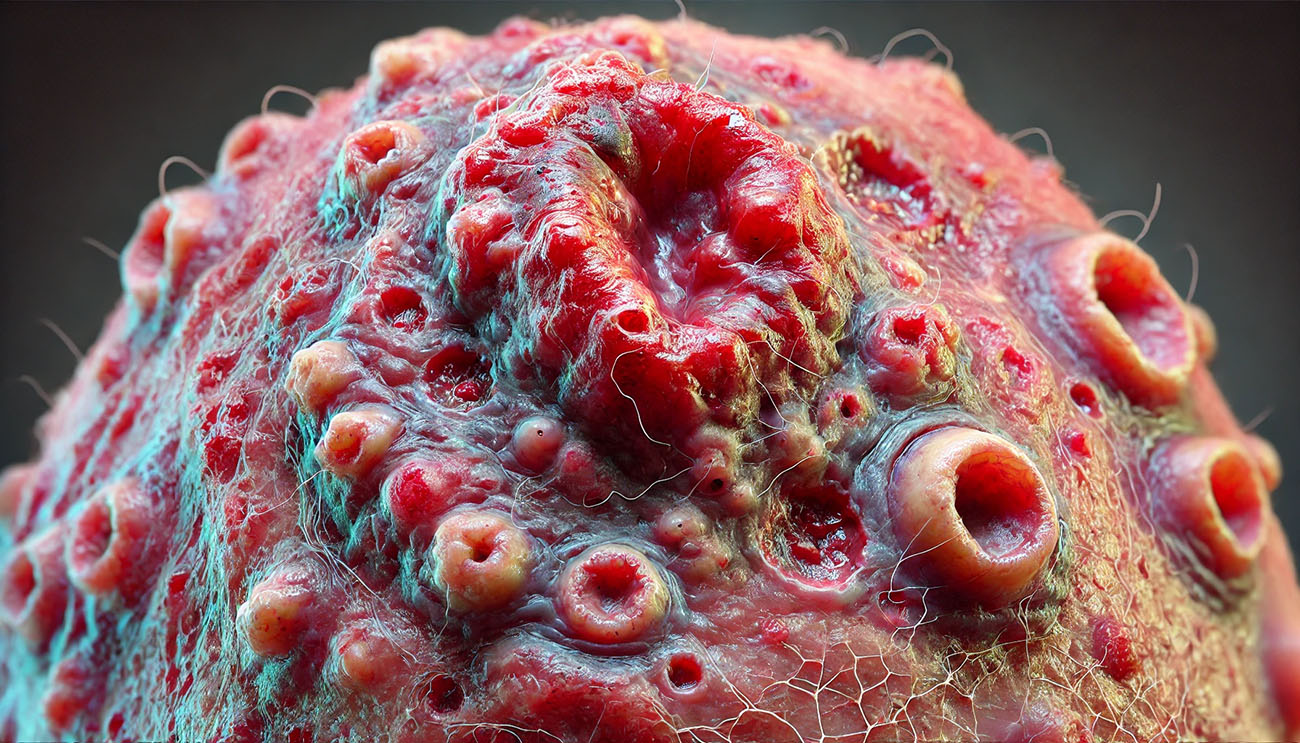Everything You Need to Know About Chlamydia: Symptoms, Treatment, and Prevention
Chlamydia is one of the most prevalent sexually transmitted infections in the world today. Its spread is often surrounded by confusion regarding symptoms, risks, and treatments. This article addresses some of the most frequently asked questions about chlamydia, equipping you with essential knowledge about this STI, its effects, and how to protect yourself.
1. What Is Chlamydia?
Chlamydia is an infection caused by the bacterium Chlamydia trachomatis. It is most often spread through sexual contact, including:
- Vaginal and anal sex
- Sometimes oral sex
The infection can affect both men and women and may impact the genitals, rectum, or throat.
2. How Do You Get Chlamydia?
Chlamydia spreads through sexual contact with an infected person. Ways of transmission include:
- Having unprotected vaginal, anal, or oral sex
- Sharing sex toys without cleaning or using a condom on them
Regular testing is important since chlamydia can be passed on even if the infected person shows no symptoms.
3. What Are the Symptoms of Chlamydia?
Chlamydia is often referred to as a "silent" infection because many people do not show symptoms. However, when symptoms appear, they can include:
In Women:
- Abnormal vaginal discharge
- Pain with urination
- Painful intercourse
- Bleeding between periods
- Lower abdominal pain
In Men:
- Discharge from the penis
- Painful urination
- Inflammation of the testicles
- Rectal discomfort
4. Can You Have Chlamydia Without Symptoms?
Yes, it is common to have chlamydia without any symptoms. About 70% of women and 50% of men with chlamydia do not exhibit symptoms, which can lead to complications like infertility if untreated.
5. How Is Chlamydia Diagnosed?
Chlamydia is diagnosed through simple laboratory tests, such as:
- Urine test: A sample of urine is tested for the presence of chlamydia bacteria.
- Swab test: A health professional takes a swab from the affected area (cervix, urethra, rectum, or throat).
You can also test for chlamydia at home using STI test kit.
6. Will Chlamydia Heal on Its Own?
No, chlamydia will not go away on its own. If left untreated, it can lead to serious health complications, such as pelvic inflammatory disease (PID) in women and epididymitis in men, both of which can cause infertility.
7. How Long Does It Take to Get Rid of Chlamydia?
Chlamydia can be cured with antibiotics, typically within 7 days. Treatment options include:
- Doxycycline: Taken twice daily for 7 days
- Azithromycin: A single large dose
It is important to complete the full course of antibiotics for the infection to be fully eradicated.
8. Can Chlamydia Cause Infertility?
Yes, untreated chlamydia can lead to infertility in both men and women. In women, it can cause PID, which may scar tissues in the fallopian tubes and uterus. In men, it can cause epididymitis, which can impact fertility.
9. How Soon After Exposure Can Chlamydia Be Detected?
Chlamydia can be detected within 1 to 2 weeks after exposure. Testing too soon after exposure may result in a false negative. It’s recommended to wait at least a week after potential exposure before testing.
10. How Is Chlamydia Treated?
Chlamydia is treated with antibiotics, such as:
- Doxycycline: A 7-day treatment
- Azithromycin: A single large dose
Both you and your partner(s) should complete treatment to prevent reinfection.
11. Can I Get Chlamydia Again After Treatment?
Yes, it is possible to get chlamydia again after treatment. While antibiotics cure the infection, they do not provide immunity. Engaging in unprotected sex with an infected partner or a new partner can lead to reinfection. Regular testing is important to avoid reinfection.
12. How Can I Avoid Getting Chlamydia?
To reduce the risk of chlamydia, follow these preventive measures:
- Use condoms consistently during vaginal, anal, or oral sex.
- Get tested regularly if you have multiple sexual partners.
- Limit the number of sexual partners.
- Communicate with your partner(s) about STI testing.
13. Can Chlamydia Be Transmitted Through Oral Sex?
Yes, chlamydia can be transmitted through oral sex. If you perform oral sex on an infected partner, you can contract chlamydia in your throat. Similarly, it can be passed on to a partner’s genitals or throat during oral sex.
14. What Happens If Chlamydia Is Left Untreated?
Untreated chlamydia can lead to severe health issues, including:
- Pelvic inflammatory disease (PID) in women, which can cause infertility and chronic pelvic pain.
- Epididymitis in men, which can lead to infertility.
- Reactive arthritis, affecting the joints, eyes, and urethra.
- Increased risk of HIV transmission.
15. Can Men Get Chlamydia?
Yes, men can contract chlamydia. Symptoms include painful urination, penile discharge, and testicular swelling. If left untreated, it can cause infertility.
16. Can I Have Sex While Being Treated for Chlamydia?
It is advised to avoid sexual intercourse until you have completed the course of treatment and your healthcare provider confirms that the infection is gone. This prevents reinfection and further transmission.
17. Does Using Condoms Fully Prevent Chlamydia?
Condoms significantly reduce the risk of contracting chlamydia, but they are not 100% effective. The infection can still be transmitted if the condom breaks or during unprotected oral sex.
18. How Long After Getting Treatment Should I Get Tested Again?
The CDC recommends getting retested for chlamydia three months after completing treatment to ensure the infection is fully cleared and to check for reinfection.
19. Can Chlamydia Affect Pregnancy?
Yes, untreated chlamydia can impact pregnancy. It can cause premature birth, low birth weight, and can be passed to the baby during delivery, potentially causing eye infections or pneumonia in newborns.
20. How Long Can You Have Chlamydia Without Knowing?
Chlamydia can remain in your system for months or years without symptoms. By the time symptoms appear, the infection may have caused complications like infertility. Regular STI testing is important for sexually active individuals, even if no symptoms are present.

